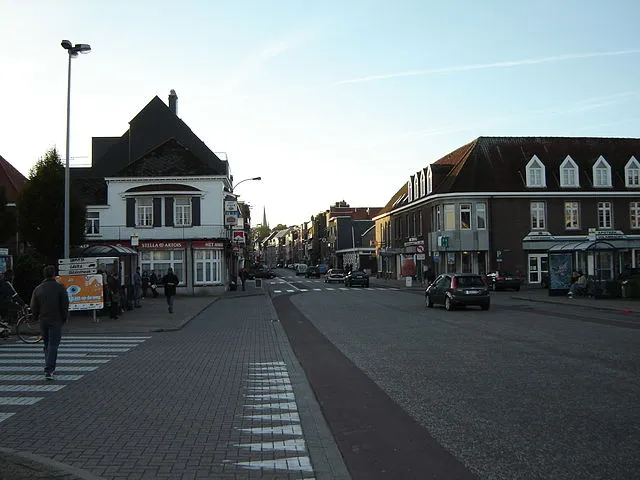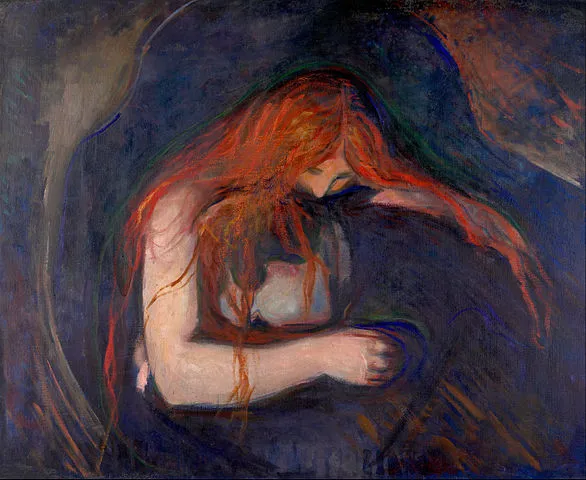
"I love everybody."
I've heard a lot of people say this, and while I appreciate the sentiment, the skeptic in me wonders: what does that really mean?
Does this love extend to strangers? To the homeless? To criminals? When it comes down to it, I wonder... what would you really do for different people. Would you offer a mentally ill person the kind of attention and support you would offer a sibling? Maybe so, if you live in Geel, Belgium, a town where people unconditionally open their homes and lives to the mentally ill and are better off for it.

I see concrete actions - what people are willing to do for each other - as a measure of their love. None of us has infinite time, so how we choose to prioritize our time and energy says what we care about. And to a lesser extent, what we don't care about.
Over the long run, measuring love through action can help you see if a relationship is mutual, or parasitic. It helps you step back and see what someone is - and is not - willing to do on behalf of you, or on behalf of your relationships together. Nobody wants a vampire friend, who'll suck your blood and give nothing back.

Vampire - Edvard Munch 1895 - Google Art Project. Public Domain.
There are also issues with measurement:
- we have different needs
- we have different abilities
- our state of wellbeing fluctuates
- we have different states of realizing our potential
In other words, similar actions done by different people can mean very different things. Or, similar actions might have different meanings for different people. Trying to measure love can get real complicated real quick. And what's the calculus of love? How does it add up or diminish over time?
Beyond that, it's just no fun to be an accountant for love, comparing actions and piling them up, wondering who does more, who gains, who loses. Yet, some people will gush and gush about how much they love someone, or a place, or a room full of people, or the whole world... and then it is hard to see how their actions line up with their words. I can't help but notice this, even knowing that I truly don't know so many of the answers to the questions that would allow me to really evaluate it.
For me, love feels best when I trust, when I am just in the flow, giving and receiving without expectation, unconditionally considering the relationship beneficial. If only it always felt like that!
Sometimes I have the good, challenging problem of abundance, too many relationships, too many things I want to do. Who will I spend time with, who do I serve, who and what will I devote myself to? When I find myself wondering about this, measuring love comes back in the picture. Who loves me best? Who helps grow my capacities for myself, and to love others, places, the world?
What do you think? Do you find it useful to try to measure love? When? How do you do that?
#DimensionsOfLove is a series to explore the nuances of love, and different ideas for deepening our relationships with love. If you feel called to contribute, please do! And link in the comments so I won't miss it.
This is my second piece about a way I relate to love. #1 is about an idea of love that shocked me when I first heard it, and kind of inspired this post. #3 is about the love of difference, love of language, and love of the infinite
More soon!